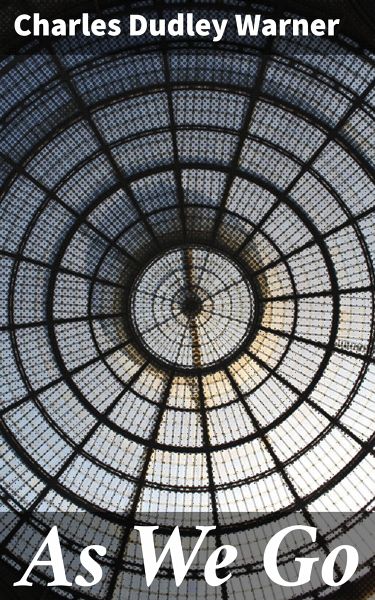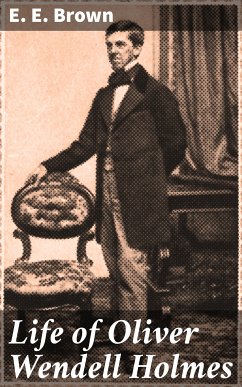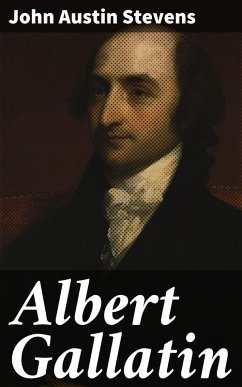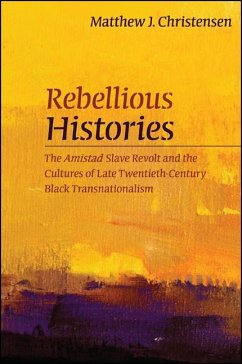
As We Go (eBook, ePUB)
Enriched edition. Essays on 19th Century American Society and Culture
Kommentar: Sharp, Megan / Redaktion: Good Press

PAYBACK Punkte
0 °P sammeln!
In "As We Go," Charles Dudley Warner crafts a reflective travelogue that blends vivid observations with a keen social critique, presenting a mosaic of American life in the late 19th century. Written with poignant yet accessible prose, Warner employs a blend of humor and satire to illuminate the intricacies of American culture, societal norms, and the burgeoning Industrial Age. The book's episodic structure invites readers to embark on a journey through various towns and regions, each chapter revealing unique characters and local quirks, capturing both the charm and contradictions of American s...
In "As We Go," Charles Dudley Warner crafts a reflective travelogue that blends vivid observations with a keen social critique, presenting a mosaic of American life in the late 19th century. Written with poignant yet accessible prose, Warner employs a blend of humor and satire to illuminate the intricacies of American culture, societal norms, and the burgeoning Industrial Age. The book's episodic structure invites readers to embark on a journey through various towns and regions, each chapter revealing unique characters and local quirks, capturing both the charm and contradictions of American society during a time of significant transformation. Charles Dudley Warner was a prominent journalist, essayist, and close associate of Mark Twain, whose influences are evident in Warner's stylistic choices and thematic explorations. His early experiences in Connecticut and his travels across America offered him a rich tapestry of cultural perspectives, shaping his understanding of the nation's complexities. A keen observer, Warner's background in journalism instilled in him a critical lens through which he viewed society, focusing particularly on issues of morality, progress, and regional disparity, making "As We Go" a mirror to his contemporaneous world. I highly recommend "As We Go" to readers interested in a nuanced portrayal of 19th-century America, as it deftly balances insightful commentary with engaging narrative. Warner's work serves as an essential lens through which today's readers can reflect on the everlasting themes of identity, innovation, and social change, making it a valuable addition to the canon of American literature. In this enriched edition, we have carefully created added value for your reading experience: - A succinct Introduction situates the work's timeless appeal and themes. - The Synopsis outlines the central plot, highlighting key developments without spoiling critical twists. - A detailed Historical Context immerses you in the era's events and influences that shaped the writing. - A thorough Analysis dissects symbols, motifs, and character arcs to unearth underlying meanings. - Reflection questions prompt you to engage personally with the work's messages, connecting them to modern life. - Hand-picked Memorable Quotes shine a spotlight on moments of literary brilliance. - Interactive footnotes clarify unusual references, historical allusions, and archaic phrases for an effortless, more informed read.
Dieser Download kann aus rechtlichen Gründen nur mit Rechnungsadresse in A, B, BG, CY, CZ, D, DK, EW, E, FIN, F, GR, H, IRL, I, LT, L, LR, M, NL, PL, P, R, S, SLO, SK ausgeliefert werden.













